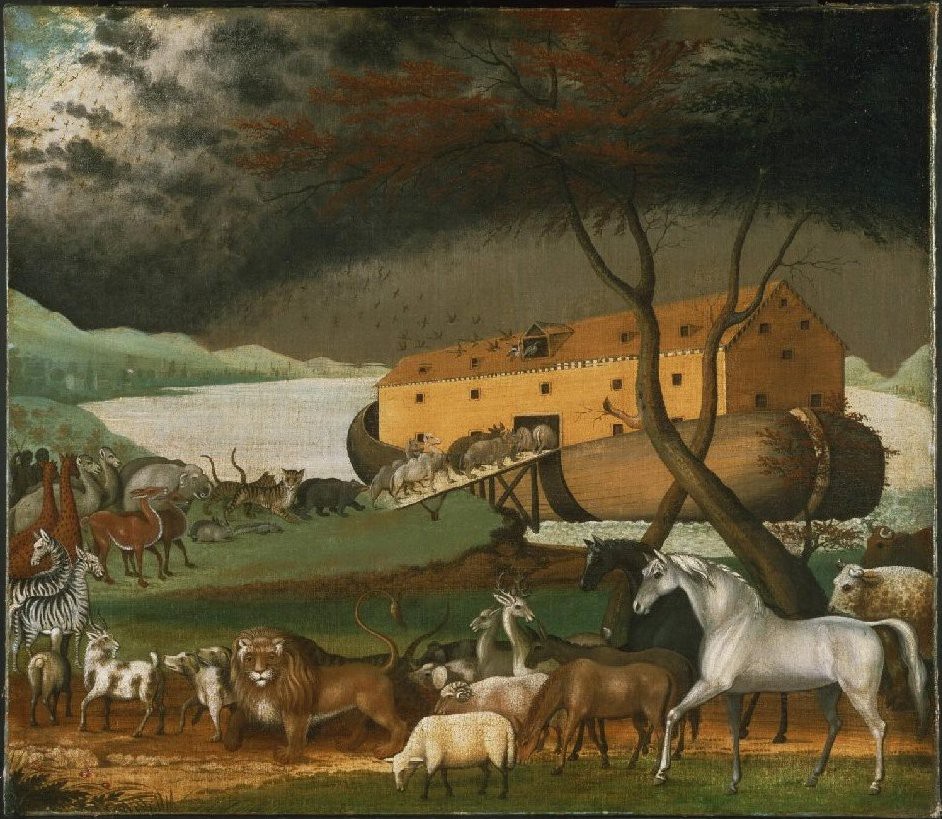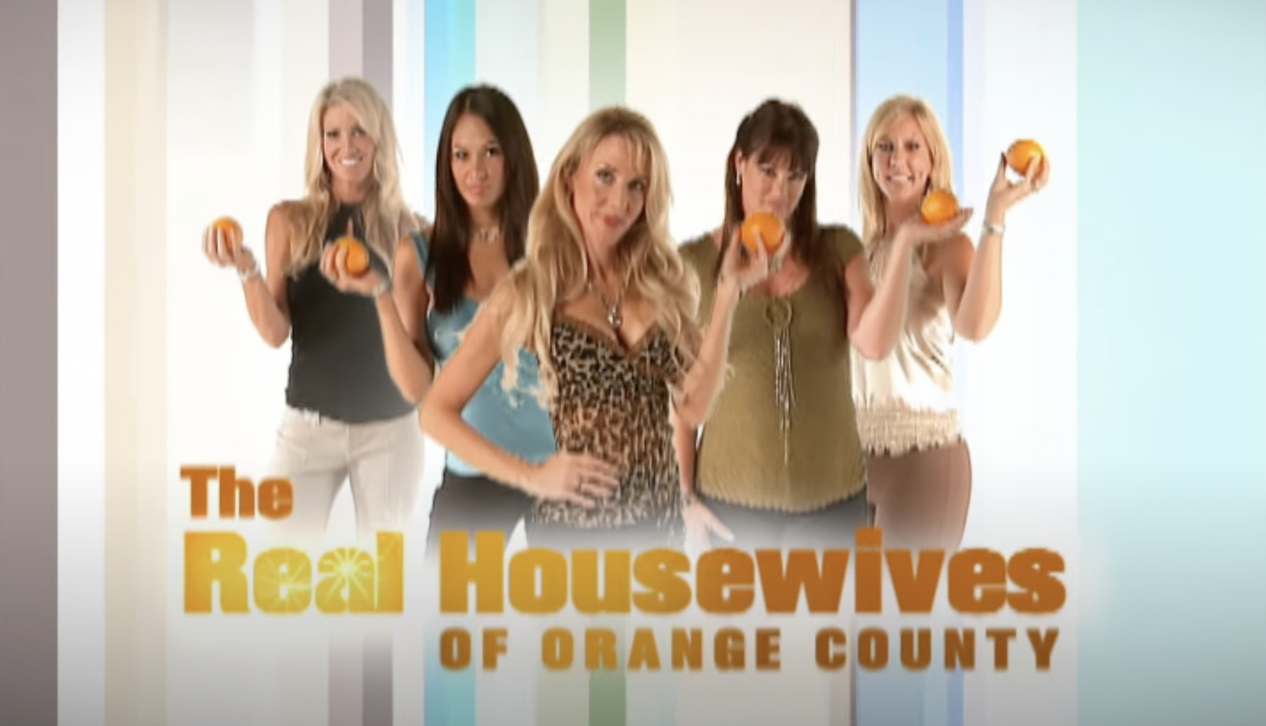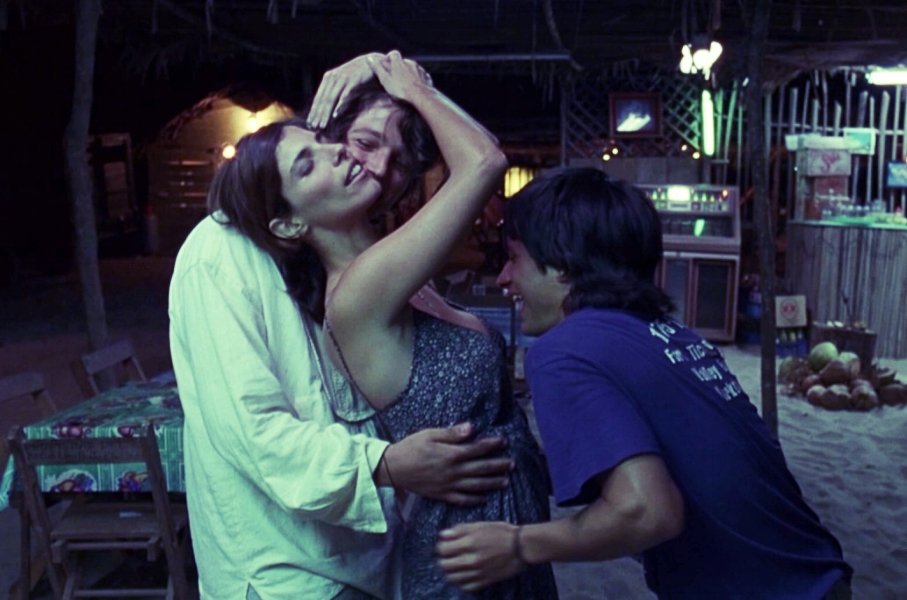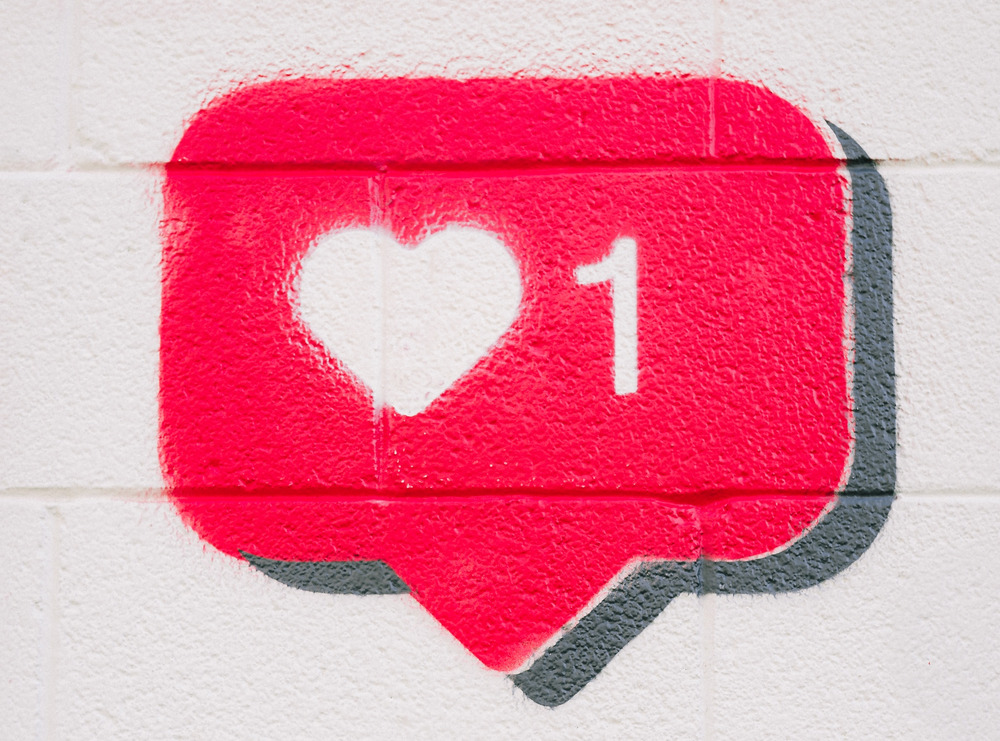Books & Culture
How To Be A Slut
The Choices and Priorities of a Promiscuous Woman, and No, You Do Not Complete Me

Moscow, 1913: an icy Russian winter, the crystallizing Soviet chill. Gorgeous seventeen-year-old Lara has been secretly sleeping with her mother’s lover, Victor Komarovsky, an older, slimy opportunist — she has just introduced him to Pasha, her idealistic young revolutionary fiancé, whom she is still planning to marry. Now alone with Lara, Komarovsky is unimpressed:
KOMAROVSKY
There are two kinds of men, and only two,
and that young man is one kind. He is
high-minded. He is pure…. There is another
kind. Not high-minded. Not pure. But alive….
For you to marry that boy would be a
disaster. Because there are two kinds of
women, and you, as we well know, are not
the first kind….
Lara gasps, slaps him. He pays no mind:
KOMAROVSKY
You, my dear, are a slut.
LARA
I am not!
she says, horrified; it is clearly the ultimate insult, the worst thing in the world for a woman to be called. “We shall see,” Komorovsky replies, ominously; he then rapes her, in one of those “she struggles, pummeling him with fists until her passion is aroused and she gives herself over to it” scenes, proving, I suppose…his point? Which is…?
I’m not sure. I am nine or ten years old, at a revival showing of David Lean’s epic Dr. Zhivago — my mother’s way of killing a long afternoon with her children while still being cultural. We are forty minutes into a three-and-a-half-hour movie and I am already feeling a little bored until this scene, this charged moment, this epithet spat out in Rod Steiger’s sneery, staccato clip: Slut. I have a vague understanding of the word (bad woman), but it has never grabbed my attention this way. What exactly is he accusing her of? Is it that she has chosen to participate in this loveless sexual relationship because she is getting something out of it — power, money, access to Komarovsy’s worldier world — and is thus a de facto prostitute? Or is it that she is indiscriminately promiscuous — that she actually likes sex, for the sake of sex? And to such a degree that she has chosen to compromise her “purity,” her “high-mindedness,” and therefore risk her reputation and her marriageability?
But I can’t quite puzzle through the logic of this: if the opposite of a “pure” or “high-minded” man is one who is “alive,” then isn’t that what he is accusing her of being? A woman who is, simply, alive? Then why is she so upset? I will soon be distracted from this question by the blood of Revolution, the balalaika music, the widescreen expanses of yellow flowers and snowy steppes, but I’m pretty sure this movie wants me, like Komarovsky, to judge and sexually shame Lara with that word.
If the opposite of a “pure” or “high-minded” man is one who is “alive,” then isn’t that what he is accusing her of being? A woman who is, simply, alive?
Slut.
However…on some subliminal level, I feel that label actually has very little to do with sex — and far more to do with a woman’s choices and priorities. And who gets to determine what those are, or should be.
In my mid-twenties, my friend Helen tells me she is becoming aware of her biological clock revving up; she is feeling an urgency to find the right guy and settle down. She believes the female body, at some point, craves being pregnant, wants to give birth, hence the simmering instinct to date, get married, create a family. I am skeptical. I have zero interest in “settling down,” I try to explain to her, and I’ve never really imagined, for myself, a life of marriage and children — there was no little-girl dress-up as a bride, for me, no play-acted weddings, no couplehood crockery dreams, no pretend mommy-cuddling a pretend baby doll. She smiles indulgently; it is going to happen to me any time now, she assures, that desire, that need, I will hear my anxious eggs and empty uterus begin screaming for attention, and then I will understand. All right, I think. Helen is two years older than I am, so I figure she has the authority on this issue.
She believes the female body, at some point, craves being pregnant, wants to give birth, hence the simmering instinct to date, get married, create a family. I am skeptical.
And the movies back her up, don’t they? All those love stories I’ve spent a lifetime watching and being charmed or tearfully enthralled by are, in fact, so goal-oriented: let’s get this gal a Prince Charming husband, let’s get this guy to realize his dream girl is right in front of him, let’s get these crazy kids together! The romantic comedies, from screwball Howard Hawkes, insightful Preston Sturges, witty Nora Ephron, adolescent-angsty John Hughes, even crudely sweet Judd Apatow, all scramble to keep the bantering, sparring lovers apart for two hours, due to contrived miscommunications or inconvenient logistics or the quirky character flaws of jealously or pride, until all that gets sorted out and apologized for and Harry and Sally are off to the domestic bliss of the Happy Ending, where they will banter and spar as a team forever. The dramatic romances tend to have bigger stakes — a war is in the way, or an illness, issues of honor, profound and problematic values, or large-scale sociopolitical challenges, see: Casablanca, From Here to Eternity, The Way We Were, Out of Africa, Titanic — but the end game is the same: these two meant-to-be-together people must realize their enduring love and create a home and hearth and progeny of their own. It is destiny. Or, if that proves impossible, well, what a tragedy, to deny this fated pair their pairing, what lonely half-lives they are doomed to live, wandering the earth in their existential solitude!
All of which is summed-up in that one famous line:
JERRY MAGUIRE
You…you complete me,
he says to his sort-of-girlfriend, Dorothy — and when gorgeous Tom Cruise says this to normal-pretty Renee Zellweger, we all collectively, dreamily sigh with romantic satisfaction.
So it is only a matter of time, I suppose, before my own life settles into this narrative construct, or, at least, focuses on achieving it: the happily-ever-after, pairing-up of soul-mates, this Noah’s Ark template of adulthood. All right, then. One day, I will be complete.
The happily-ever-after, pairing-up of soul-mates, this Noah’s Ark template of adulthood.
But meanwhile, I am having a pretty marvelous time. I am having delightful or tortured affairs, thrilling sex, falling in lust all over the place: the English guy on a Greek island, the Italian guy in Paris, the guy I meet on the picket line during the Writers’ Guild strike, the hungry, still-single groomsmen I meet at friends’ destination weddings and invite back to my hotel for the night. All the hip bars and house music clubs, all the bubbling hot-tub parties, all the flirty meet-cutes in supermarkets and bowling alleys that Nora Ephron herself would applaud. I am the star of my own romantic comedy life, my own epic dramas of love: I lose my mind over a guy from high school who has transformed from the sweet nerd I knew in eleventh grade to now-arrogant asshole and breaks my heart; I become insanely infatuated with my best gay friend’s best straight guy friend, who dumps me two nights before I am scheduled to have brain surgery; I fall madly in love with my best girlfriend, and try to learn How To Be A Lesbian by watching a lot of dreadful movies that show lesbians as borderline-psychotics (The Killing of Sister George) or merely going through a developmental rite-of-passage “phase” (Personal Best), or show lesbian sex in the blandest, most boring way possible, as if sex between women has no more sweat or friction than gently brushing each other’s hair or frolicking through a field of daisies (Lianna, Desert Hearts, and yes, despite the hotness of Susan Sarandon and Catherine Deneuve, The Hunger) — thankfully, I go on to sleep with a lot of other women and erase those tepid or faux-lesbian images from my mind forever.
By my late thirties, however, everyone seems to be doing that hand-in-hand walk up the ramp to the Ark except me. I like my sexual adventures, the variety and challenge, the thrill of the chase, the delight of discovery — I am enthusiastically and discriminately promiscuous. But I also like having a boyfriend or a girlfriend; I like love. I like the mutual emotional support, the way sex takes on resonance and layers, the evolution of shared gestures and silly jokes. I like reenacting Annie and Alvy’s escaped-lobster scene from Annie Hall, and the sharing of candlelit intimacies in a bubbly tub scene from, well, every love story movie ever. I have the serial monogamy thing down. But I can never quite make that leap to a shared life, the ultimate commitment and dedication to “togetherness”…and as Alvy says:
ALVY SINGER
A relationship, I think is like a shark.
You know? It has to constantly move forward
or it dies. And I think what we got on our
hands is a dead shark.
And thus I develop a track record — a reputation? — as someone who in her life is racking up quite a number of dead sharks. I look around, I see my friends’ relatively happy marriages and longtime companionships, their bridal-shower gravy boats and their adoration for their vanilla-and vomit-scented babies, and I don’t envy them a moment of their paired-up or family-based lives. What is wrong with me? I worry. Am I really just some impure, low-minded slut? Why aren’t I looking to be completed?
Am I really just some impure, low-minded slut? Why aren’t I looking to be completed?
Maybe it’s that I don’t have a lot of happy formative role models to look to; my own parents’ marriage was hardly a model of positive communication or emotionally-fulfilling contentment, and in the twenty-five years since their divorce, I have witnessed my mother’s absolute terror at being alone lead to desperate and self-destructive decisions. And all those movies about relationships, both comedic and serious, tend to focus on the conflicts of couplehood, of course, the sheer messiness of two people trying to reconcile their independent selfhoods — otherwise there would be no story. This is Screenwriting 101, I get that — keep the happy stuff offscreen, it is increasing conflict that fuels narrative momentum — but still, it doesn’t exactly trigger a desire to emulate these characters’ turbulent romantic lives. Who wants all that drama?
By my early forties, I realize that storied “instinct” to go through life as a team, as one half of a hand-in-hand collaboration or as the nurturing matriarch of my own little clan, has never, in fact, kicked in for me. I like being in a relationship, but I am not looking for a partnership. The thing I tried to explain to my friend Helen twenty years earlier is the simple truth: what I have always ended up craving, ultimately, even when involved with the greatest guy or the most wonderful woman, is to be left alone. With a dog, and my dear friends a phone call away, my smooth-sheeted bed to myself, a quiet, molecule-steady room of my own in which to knit and read and do the work I am passionate about, find every single thing exactly as I have left it, and the gift of absolute and autonomous self-determination. I know a hundred delicious ways to cook one chicken breast; I also love taking me and a book out to a nice dinner. I love traveling to my own circadian rhythms, having an empty seat on either side and the bag of popcorn to myself at a movie. To quote another less-famous line from Jerry Maguire:
DOROTHY
I’ve had three lovers in the past four
years, and they all ran a distant second
to a good book and a warm bath…
and Yes, I think. Not always, but often. And I have never, in my entire life, felt the slightest aging-egg desire or uterine craving to have or raise a child — it is too late now, anyway, I have pretty much reached the biological end point on that one. Yes, I understand I have missed out on what is probably the most profound experience a woman can have. And that is perfectly fine with me.
(The above is an excerpt from the author’s 2015 essay collection, Reeling Through Life: How I Learned to Live, Love, and Die at the Movies.)








